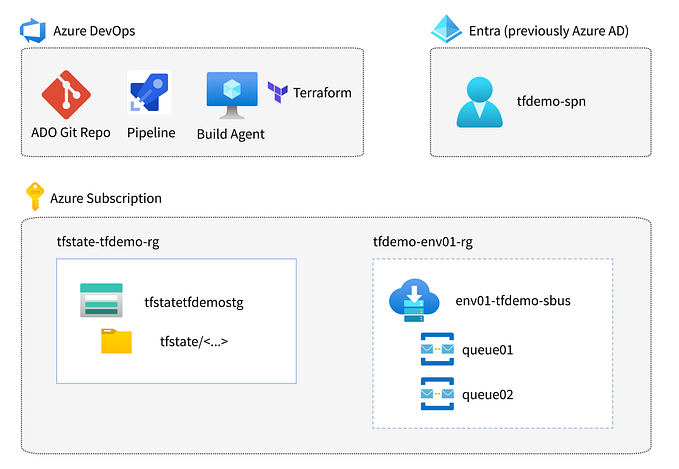Member-only story
In-Depth Guide to Azure Regions and Availability Zones.

As businesses increasingly adopt cloud solutions to improve scalability, flexibility, and reliability, understanding the architecture that supports cloud services is essential. Microsoft Azure, one of the leading cloud platforms, operates on a global infrastructure made up of Regions and Availability Zones. These concepts are key to delivering highly available and resilient applications.
In this article, we will dive into the details of Azure Regions and Availability Zones, how they work, and their importance in building fault-tolerant, reliable, and high-performance cloud applications.
What Are Azure Regions?
An Azure Region is a geographical area where Microsoft has established multiple data centers to offer cloud services. Azure Regions allow businesses to deploy resources closer to their customers, improving performance, reducing latency, and ensuring compliance with local regulations. Azure operates in over 60+ regions worldwide, making it one of the most extensive cloud networks available today.
1. Components of an Azure Region
Each Azure Region is made up of multiple data centers, which are physical facilities housing the hardware (servers, storage, networking) that powers Azure’s services. While a region may contain several data centers, they are grouped together to form a single, logical deployment area.
These data centers in a region are connected via high-speed fiber-optic networks and are designed with redundancy in mind. A region can be comprised of one or more Availability Zones, offering built-in resilience against hardware or software failures.
2. Why Are Regions Important?
The geographical distribution of Azure Regions ensures that businesses can deploy their services in the most suitable locations for their needs. The key benefits of Azure Regions include:
- Reduced Latency: Deploying services closer to end-users reduces the time it takes for data to travel, improving application performance.
- Compliance: Many industries have regulations that dictate where data can be stored (e.g., GDPR in Europe). Azure Regions help businesses…









